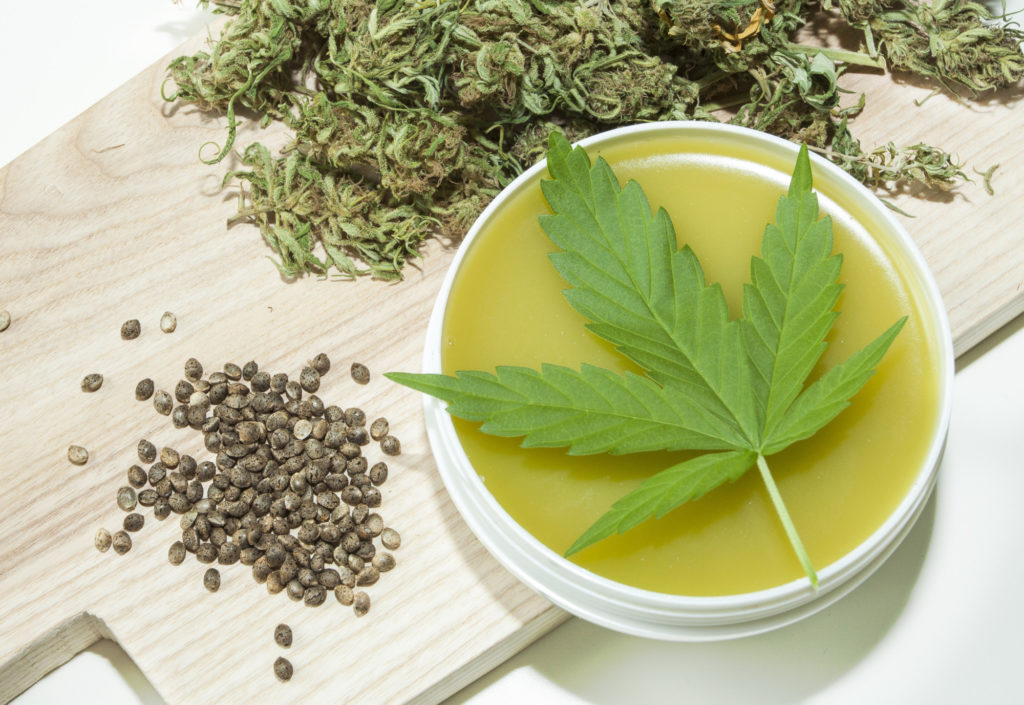CBD and hemp are two words that seem to get thrown around a lot nowadays. Yet even those these two products are closely related, they’re not the same thing. With that said, both CBD and hemp can lead to a variety of mental and physical benefits.
Both hemp and CBD are natural substances that have been utilized for centuries for their versatile uses. Are you interested in learning more? If so, then continue reading and we’ll walk you through the differences that you need to know when it comes to hemp vs CBD.
What Is Hemp?
Hemp is one strain of the Cannabis Sativa plant. The other popular strain is marijuana. Hemp and marijuana both contain cannabinoids, which are certain chemical compounds.
The two most abundant and well-known cannabinoids in Cannabis Sativa are CBD and THC. THC, or tetrahydrocannabinol, is an intoxicating and psychoactive compound that is responsible for the infamous “marijuana high.” CBD, or cannabidiol, is another psychoactive compound but it’s non-intoxicating.
The main differences between hemp and marijuana are the amounts of THC and CBD that they contain. The marijuana plant contains high amounts of THC and low amounts of CBD. Hemp, on the other hand, contains high amounts of CBD and low amounts of THC.
In fact, all hemp that is legally grown in the United States must contain less than 0.3 percent THC.
Hemp is a truly versatile and sustainable plant. The fibers from the hemp plant can be used to make fabric and other industrial materials. The seeds can be shelled and eaten, turned into hemp milk or hemp butter, or they can be compressed into hemp oil.
Hemp was essentially illegal to grow in the United States for decades because it was so closely associated with marijuana. However, after President Donald Trump signed the 2018 Farm Bill into effect, the production of industrial hemp became completely legal.
What Is CBD?
CBD is a cannabinoid that is mainly produced in the hemp plant. In our bodies, we have something called the endocannabinoid system (ECS). This system plays a big part in the regulation of our mood, sleep cycle, appetite, and memory.
The ECS is made up of two receptors, known as CB1 and CB2. The cannabinoids in Cannabis Sativa are essentially transmitters that are able to fit within these receptors.
THC is able to fit perfectly within these receptors. CBD, on the other hand, only interacts with these receptors indirectly. This is why THC is able to get you high but CBD cannot.
When CBD is extracted from the hemp plant, the hemp biomass is left over. What is Hemp biomass used for? It’s usually used to create more hemp extracts.
Now that we know what hemp and CBD are, let’s go over how they differ in what they can do for the human body.
Benefits of CBD Oil
If you’ve been hearing a lot about CBD, it probably has to do with all of the incredible benefits that it can offer. While it may not be the miracle cure that it’s hyped up to be, it’s certainly not snake oil. CBD can offer tangible benefits and should be considered by anyone who is looking for natural solutions to mental or physical stresses.
First off, CBD oil has been known to prevent and reduce seizures. In fact, the only drug to use CBD as an active ingredient that’s approved by the Food and Drug Administration (FDA) is used to treat epilepsy.
The effects of CBD on seizures was highlighted with the case of Charlotte Figi. Charlotte was a young girl who would experience several hundred seizures of varying degrees every week. After being treated with CBD, those seizures were reduced to only two or three a month.
If you don’t suffer from seizures, there’s still more to benefit from CBD. That’s because CBD is also excellent at treating inflammation and joint pain. Because of CBD’s effects on the ECS, it’s able to increase the body’s production of dopamine and serotonin and thus reduce the feelings and effects of pain.
CBD can also benefit people who have skin conditions. That’s because most skin conditions are the result of inflammation, which CBD treats.
Some skin ailments that can be treated with CBD include:
- atopic dermatitis
- skin cancer
- pain
- acne
- psoriasis
- itchy skin
CBD is also able to inhibit the functioning of the sebaceous glands. These are the glands that produce oils that contribute to acne.
Benefits of Hemp Seed Oil
Hemp seed oil is perhaps best known for its benefits on the skin. When you add hemp oil to your diet, you’re increasing the amount of omega-3 fatty acids that you’re consuming. These fatty acids can leave your skin feeling smoother, cleaner, and less itchy.
The fatty acids contained in hemp seed oil can also benefit people who experience complications with PMS and menopause. Hemp contains gamma-linolenic acid (GLA), which is a kind of omega-6 fatty acid. That acid is known to offset the symptoms of menopause and lead to reduced negative effects of PMS.
The Importance of Understanding Hemp vs CBD
When it comes to hemp vs CBD, you’re going get benefits no matter which product you consume. But by knowing the differences between the two, you can make more educated and confident decisions and better treat your own ailments. Make sure that you buy products that are natural and high quality.
Are you looking for other helpful articles like this one? If so, then make sure to check out the rest of our blog today for even more!

